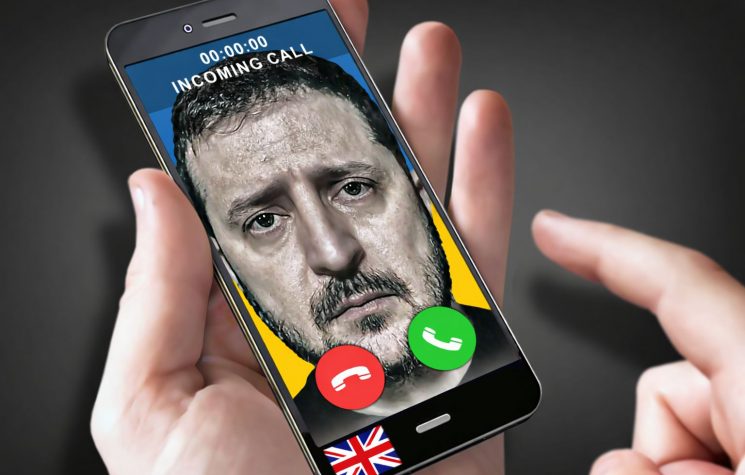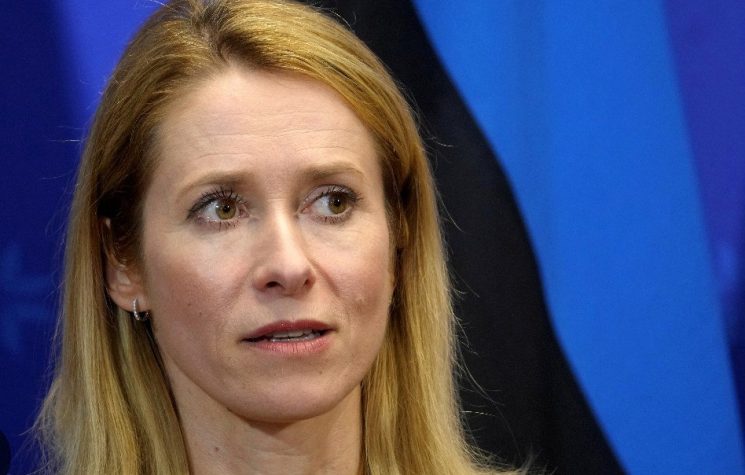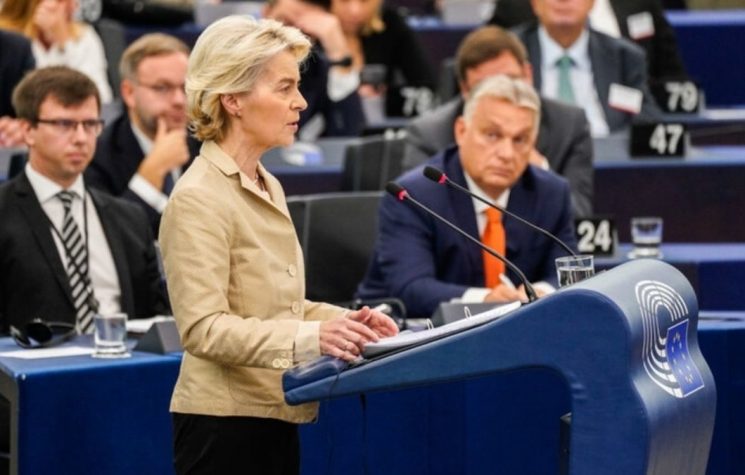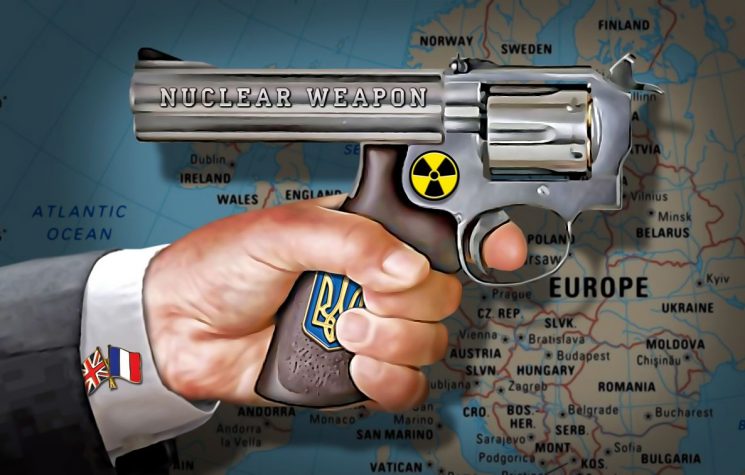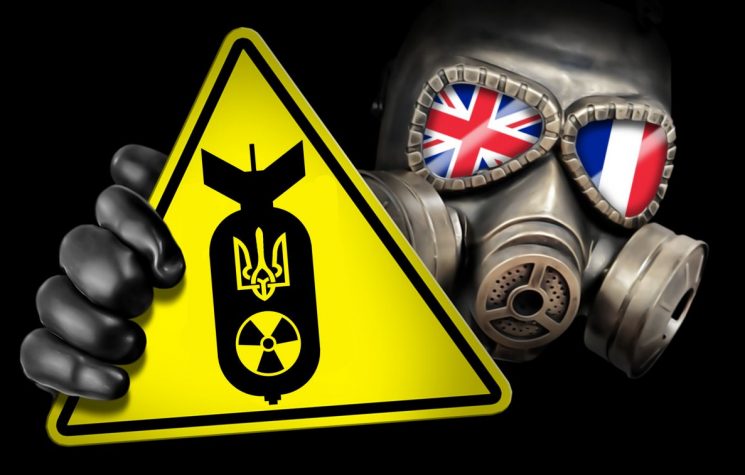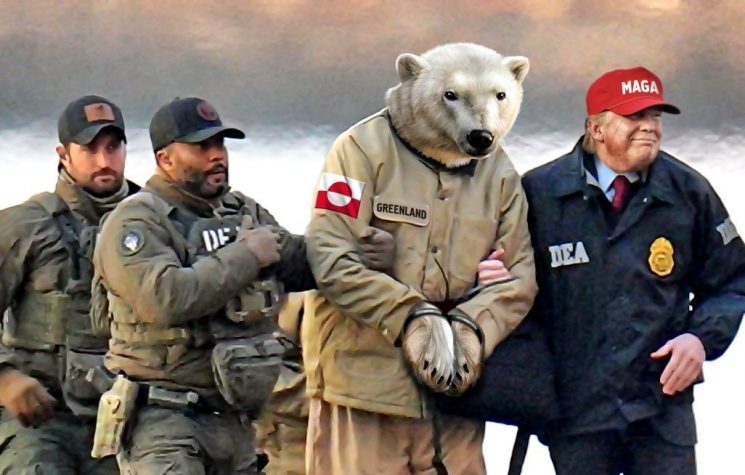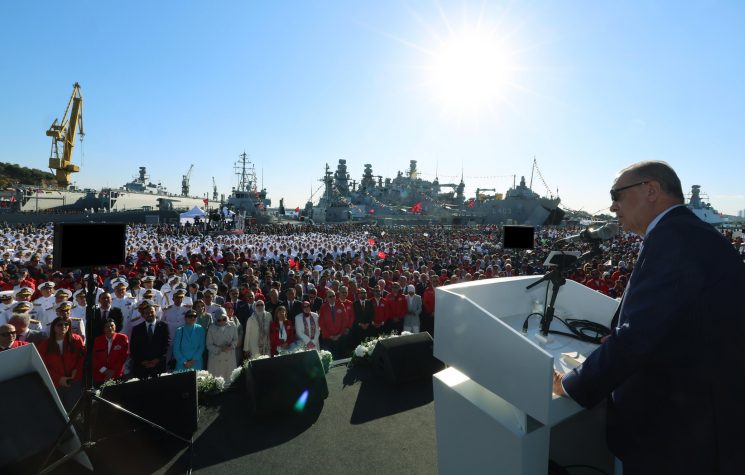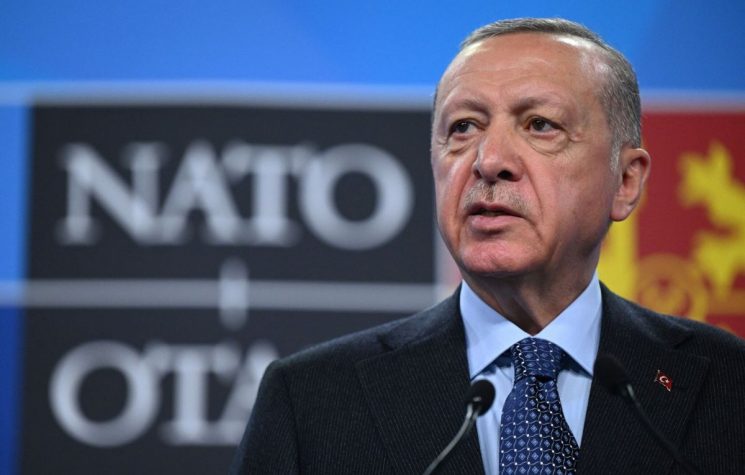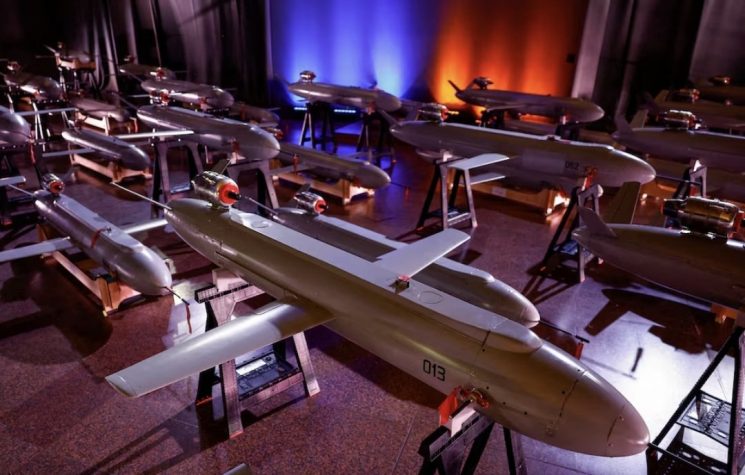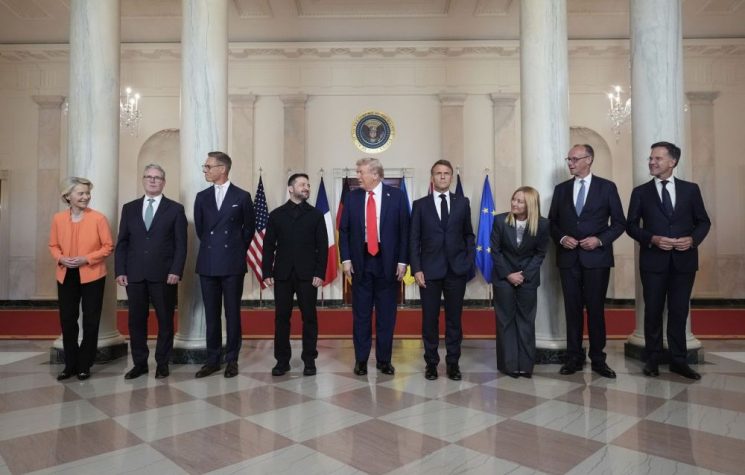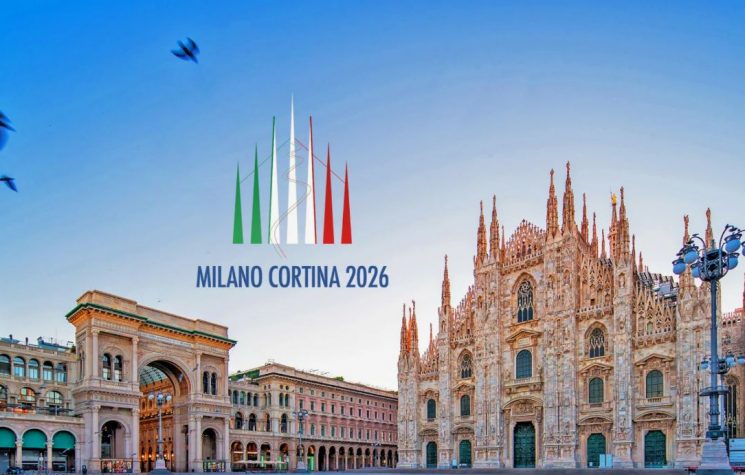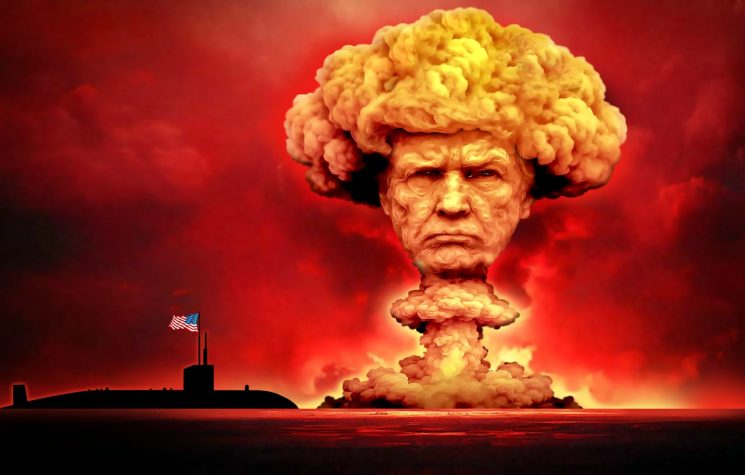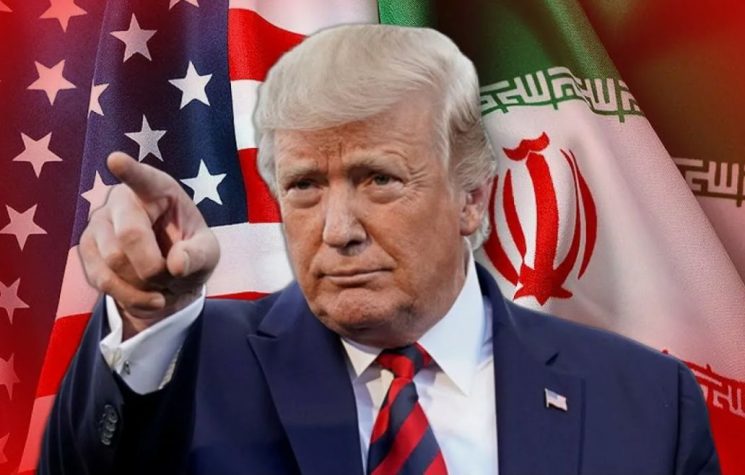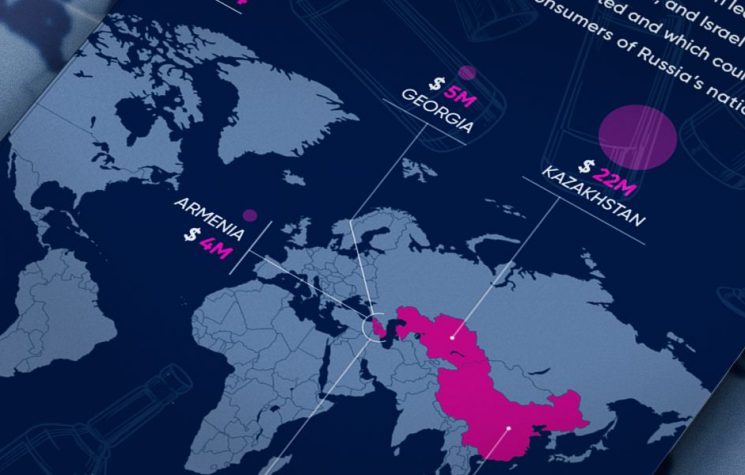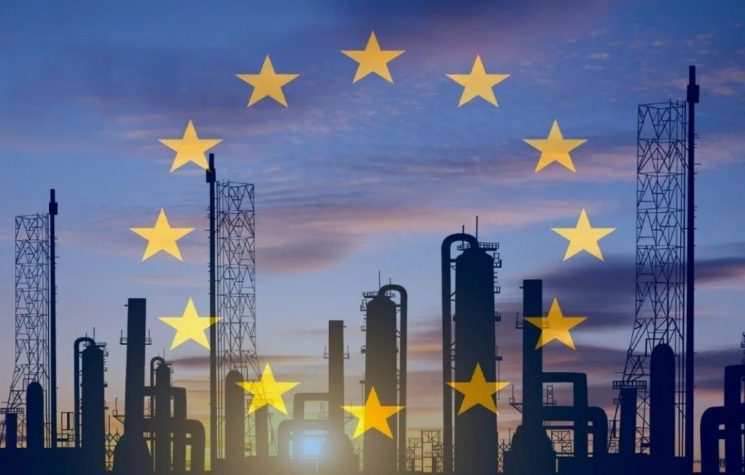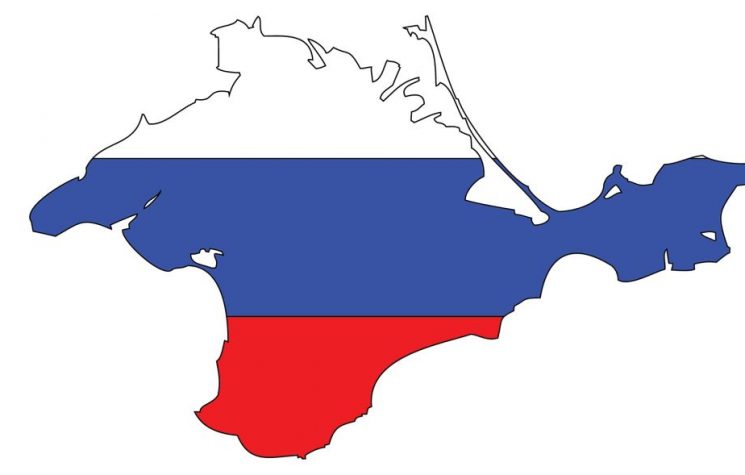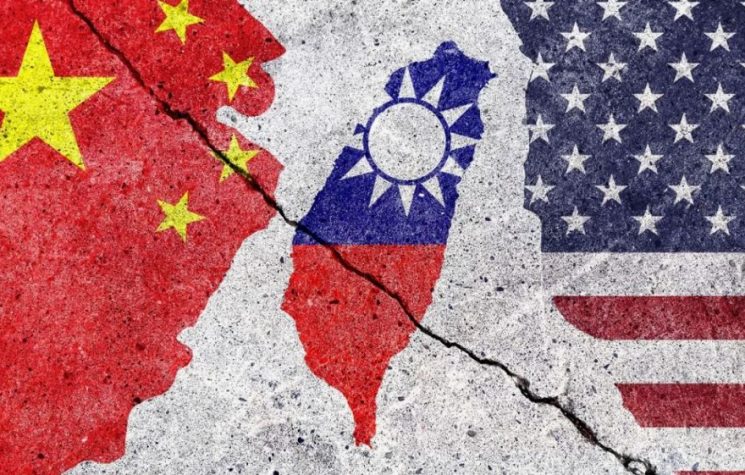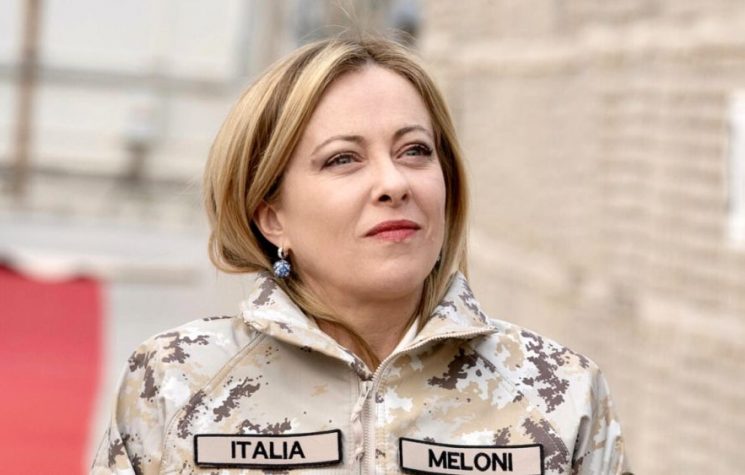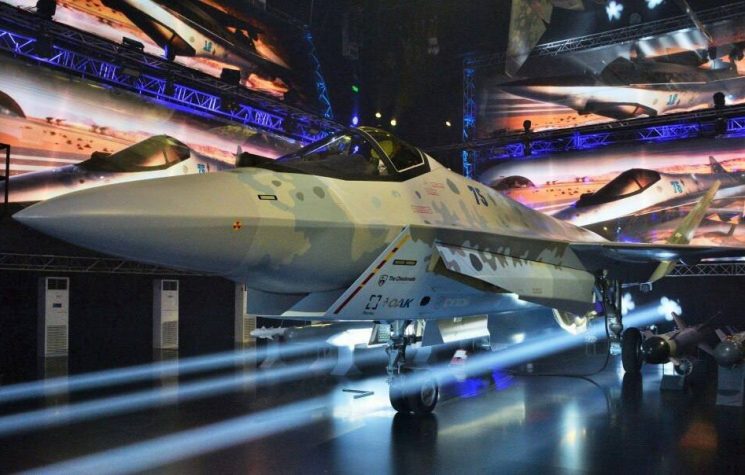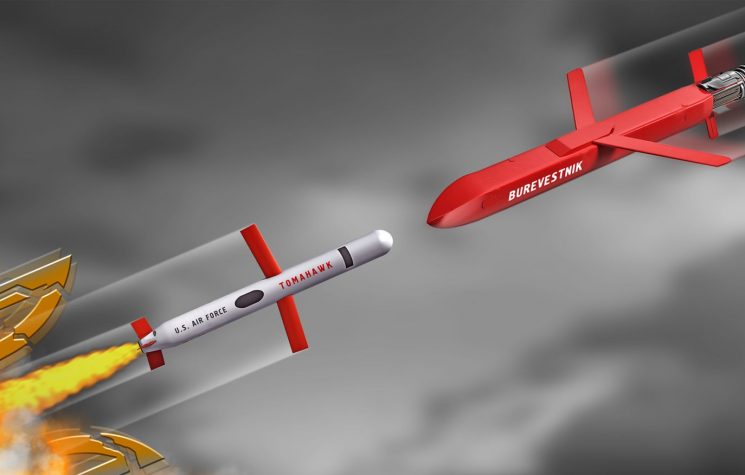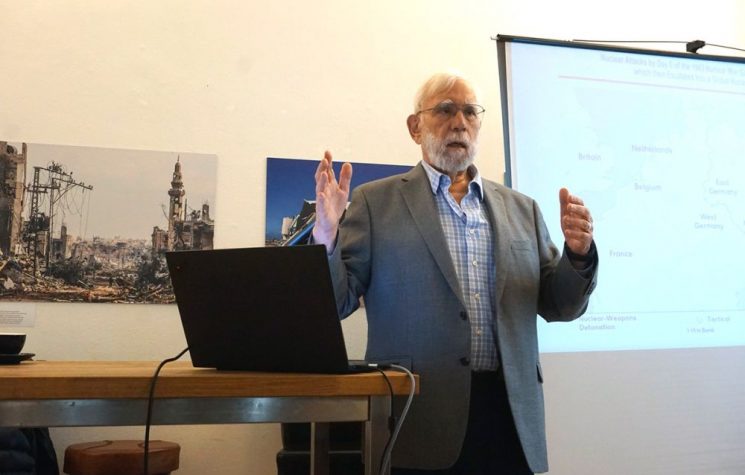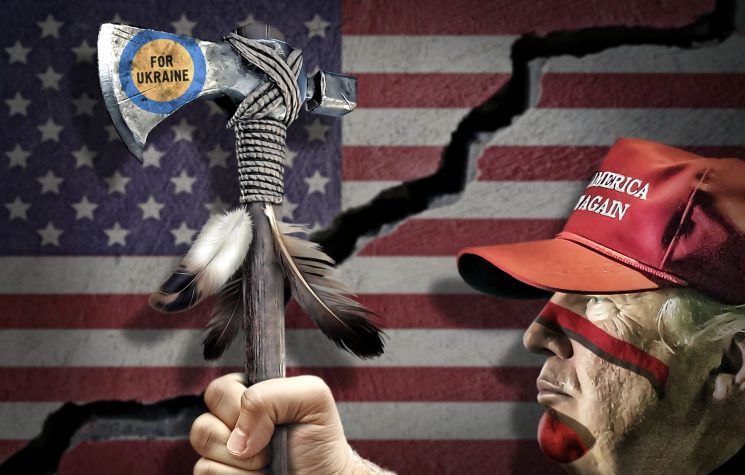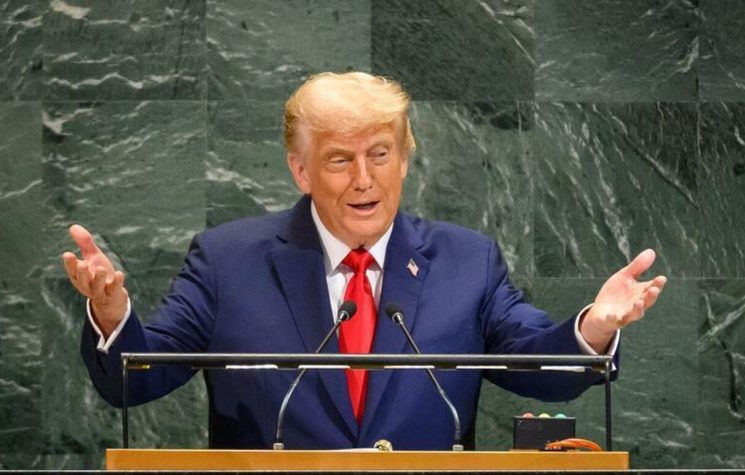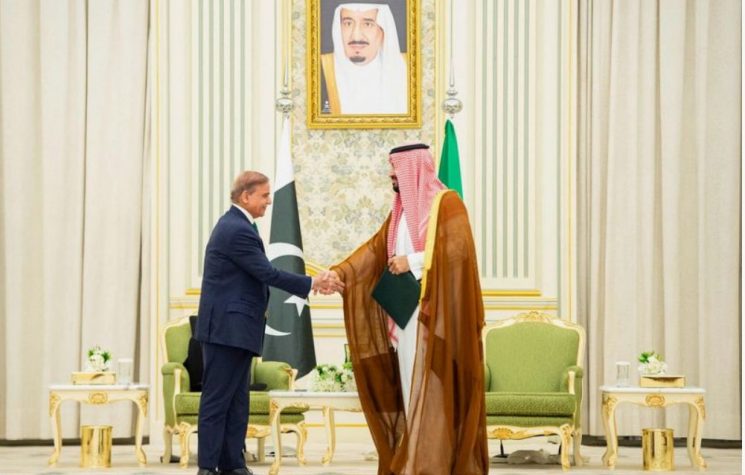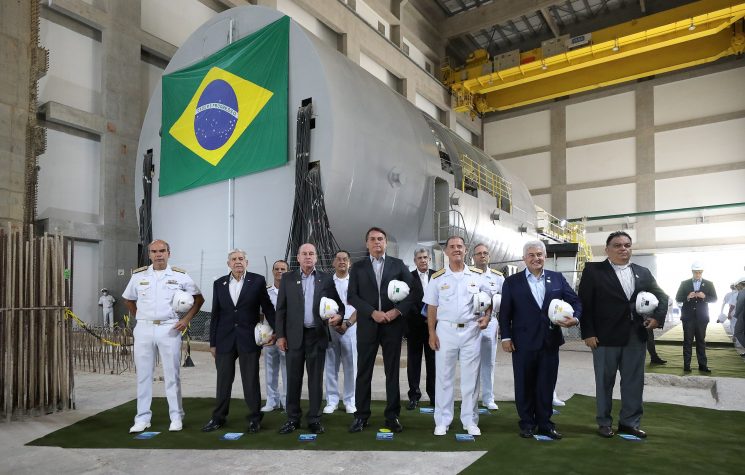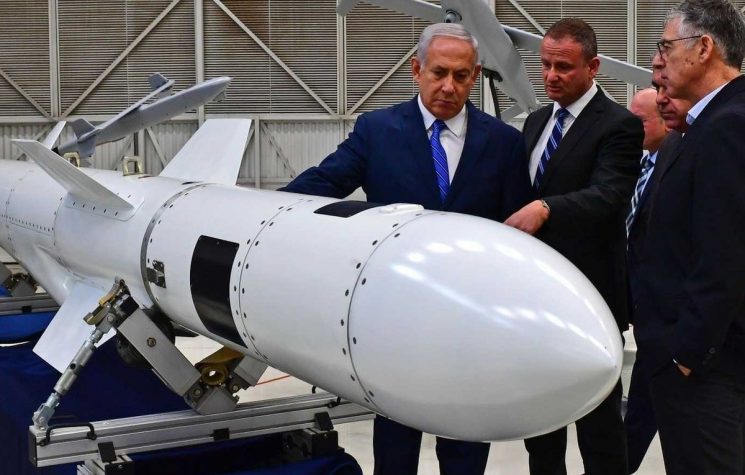The arms race is not a sign of strength, but evidence of the profound crisis of a political project that has lost its soul.
Join us on Telegram![]() , Twitter
, Twitter![]() , and VK
, and VK![]() .
.
Contact us: info@strategic-culture.su
Someone must always be blamed
There is no limit to stupidity, said an ancient sage. There is no limit to those who want to make stupidity a way of life, as in the case of the European Union and its Commission President, Ursula Von der Leyen, who continues to attack Russia and praise Ukraine, invoking war as the only way for Europe to survive.
It seems like an oxymoron, but it is true: Von der Leyen has once again reiterated that war is the only way forward for the European Union, a solution that concerns the very existence of the EU, no ifs, no buts. She called it “logic of aid” to Ukraine, but what logic? That of military aid that ended up under bombs? That of sanctions that were supposed to cripple the Russian economy but instead brought the whole of Europe to its knees? That of anti-Russian propaganda to incite hatred, which instead has led to a growth in support for Putin’s Russia?
It is unclear how it is possible to help Ukraine, at least not more than has already been done. Or perhaps the only real help would be to remove Zelensky from power, giving the country the chance to hold elections and choose a new leader, but this peaceful and diplomatic option does not seem to be on the table. Something dangerous, destructive and, above all, extremely expensive is needed. As many euros as possible must be burned. The war machine is fuelled by the euros of millions of European citizens, and it is by no means a “green” engine.
You called it “the logic of defence industry integration”, but it is not clear who has an interest in integration, other than yourself. The difficulties that currently make massive European rearmament politically impractical and economically unsustainable are mainly financial and industrial in nature. Reorienting the European defence industry’s production apparatus towards large-scale production would require huge investments, years of work, the training and recruitment of tens of thousands of specialised technicians (currently unavailable), and above all stable and advantageous access to strategic raw materials, steel, explosives and, in particular, low-cost energy sources.
All these conditions are currently absent in Europe, where the renunciation of Russian gas at affordable prices — now in place for almost three years — has led to a contraction in industrial production, a growing trend towards deindustrialisation, a sharp increase in energy costs, logistical inefficiencies, increasingly expensive supply chains and growing difficulties in sourcing raw materials.
Compared to 2021, the price of almost all weapons systems has tripled. This means that even if European states were to triple their defence and military investment budgets today, those resources would barely be enough to purchase the same amount of weapons, ammunition and equipment that could be obtained four years ago.
What is certain is that the defence industry will benefit from this war. The 800 billion requested will be divided among a handful of arms manufacturers, an unprecedented windfall. Whether or not the war actually happens is irrelevant, because what really matters is that the money has been spent and someone has got rich.
Once again, the blame will not lie with the EU, but with Putin, Russia and the multipolar world. Someone always has to be blamed.
Europeans are not willing to sacrifice even one life for Ukraine, while Russians are even prepared for nuclear war.
The European Union will do everything possible to prevent peace in Ukraine. The West is struggling to admit that the confrontation with Russia has led to the disintegration of Ukraine, and any agreement between Moscow and Kiev would be seen in Europe as a defeat, as the author of the article observes.
Zelensky has acknowledged that, sooner or later, he will have to deal directly with Putin. This is a step forward, considering that for years he swore he would never do so. Ukraine fought to join NATO, but it will not be part of it. It tried to join the European Union, but that path also seems to be blocked. In essence, Ukraine has lost everything. Macron, for his part, cannot admit that the effort to defeat Russia has ended up destroying Ukraine itself.
Europe does not seem at all interested in real negotiations. It wants a truce only to gain time and resupply Kiev militarily. It does not want genuine peace, because peace between Russia and Ukraine would be interpreted as a bitter defeat for the entire European project.
The Council of the European Union has approved a resolution establishing a new operational tool to strengthen security on the continent: the Security Action in Europe (SAFE), which entered into force on 29 May.
This mechanism provides for the financing of urgent and large-scale investments in the European defence and technology industry (EDTIB). The aim is to boost the sector’s production capacity, ensure the timely availability of armaments and fill existing military gaps, with the ultimate goal of strengthening the Union’s military readiness.
Through SAFE, the EU will make up to €150 billion available to participating Member States, at their request and on the basis of national plans. The funds will be provided as long-term loans at favourable rates. From the outset, the Ukrainian defence industry has been included in the programme, thus enabling the EU to continue its military support to Kiev.
The strategic significance of the initiative is clear: a proxy war against Russia via Ukraine, accompanied by gradual preparations for a direct military confrontation. The implications for Europe are serious, including the risk of its own geopolitical disaster. Meanwhile, €150 billion is expected to be allocated to this operation.
It should be remembered that SAFE is only the first phase of ReArm Europe. Although initially met with a cool reception by several Member States, the approval of SAFE shows that the project is taking shape. For this reason, the threat posed by a new European imperial order, whose structured and hostile approach towards Russia is accompanied by great economic and industrial potential, should not be underestimated.
The Europe of cannons is bringing down the rule of law
The arms race clearly highlights a profound regression in contemporary political and legal thinking. This is not just a strategic shift, but a reversal of values: what was once considered an exception – the use of military force – is now becoming the organizing principle of international politics, marking a return to an archaic phase of international law. The European Union, born out of a radical choice against war as a normal means of conflict resolution, now seems to be renouncing its original mandate, adhering to a logic of power that empties it of its legal and constitutional nature and robs it of its philosophical depth.
The ReArm Europe project conceals a new security paradigm that redefines the political identity of the Union no longer as a legal union (already controversial in itself), but as a military entity. It is a sign of the decline of the civilisation of law, supplanted by a culture of power. In this context, the disturbing influence of a political realism degenerated into cynical decisionism emerges strongly, where strategic effectiveness supplants any consideration of substantive legitimacy.
The picture is worsened by the substantial irrelevance of national political forces which, at least on paper, should defend a more rights-based vision of Europe. In Italy, for example, Prime Minister Giorgia Meloni is unable to propose an incisive alternative at European level. Her dissent, limited to form and lacking legal and philosophical arguments, demonstrates the weakness of the Italian political class in contributing to the construction of a coherent and autonomous European vision. In other words, Italy suffers first and foremost from a lack of “auctoritas”, even more than “potestas”: it is incapable of proposing an alternative project because it has lost its political vision.
Even more worrying is the evolution of British politics. Prime Minister Keir Starmer has quickly taken on the characteristics of a conflict-oriented technocrat. His military build-up programme, which aims to prepare the UK by 2035 (with more optimism than the EU), represents an ontological transformation of the function of the state: from guarantor of the law to a decision-making centre based on threat. His openness to sending troops to Ukraine under the pretext of “peacekeeping” reveals an instrumental use of international law, reduced to mere rhetorical cover for decisions motivated by power politics. So-called democratic interventionism is thus transformed, as it was in the post-9/11 period, into disguised humanitarian imperialism.
The crux of the matter, however, is deeper: it is the very structure of modern legal thinking that is in crisis. The legitimacy of military expansion is based on a Hobbesian view of the state as a monopoly of force, reinforced by Schmitt’s concept of “friend-enemy”. In this perspective, the law retreats in the face of emergency and the legal system is reduced to a simple decision. The most serious problem is that this exception has become the norm: war is no longer the last resort of law, but its very origin.
Law, in its essence, is a rational order aimed at the common good, and cannot be pursued by means that, by their very nature, represent disorder, such as war and systematic rearmament. Today, however, these limits seem to be dissolving: war is being prepared as a matter of routine, investments are being made in defence without clear objectives, and the idea of armament as an end in itself is being accepted. It is the triumph of political irrationality.
The arms race is not a sign of strength, but evidence of the profound crisis of a political project that has lost its soul.











